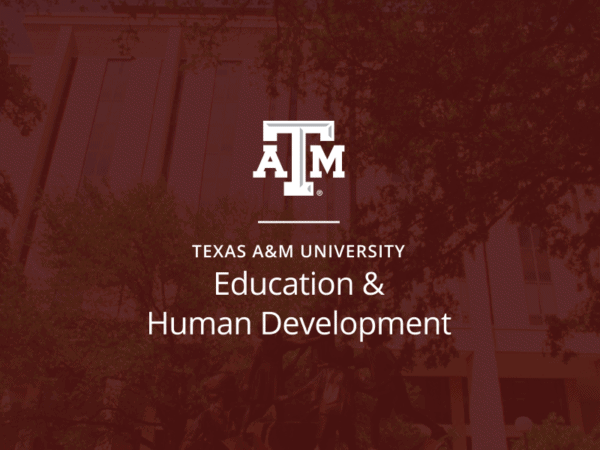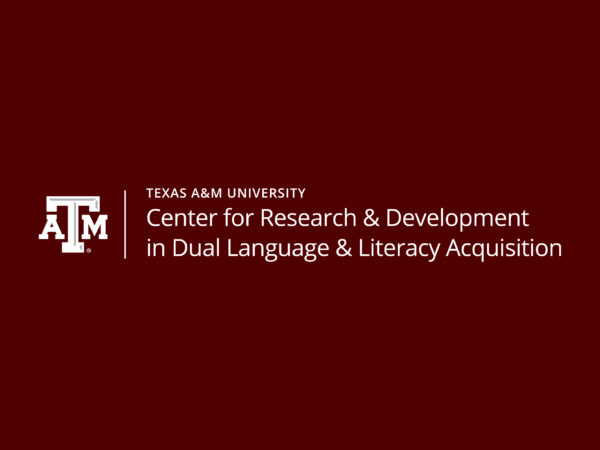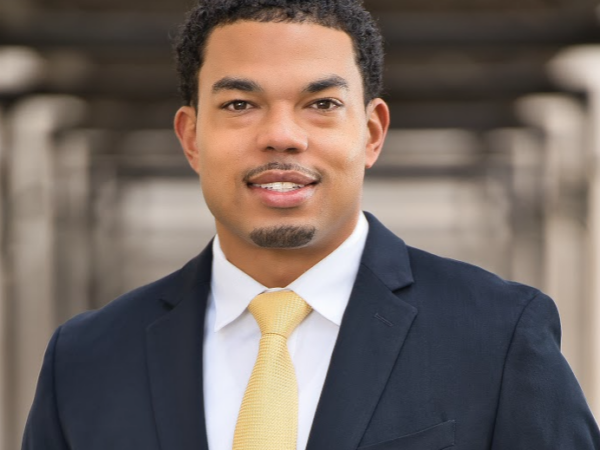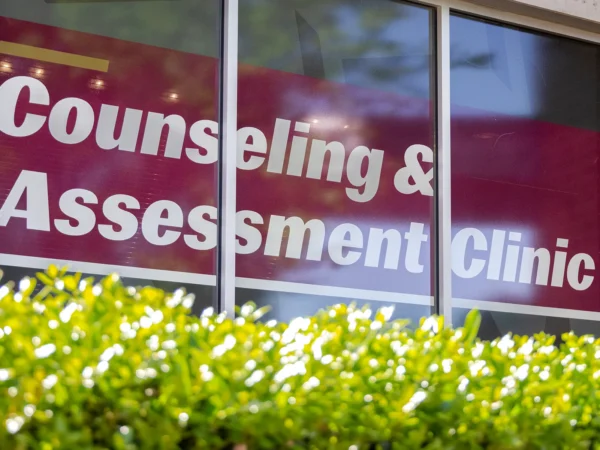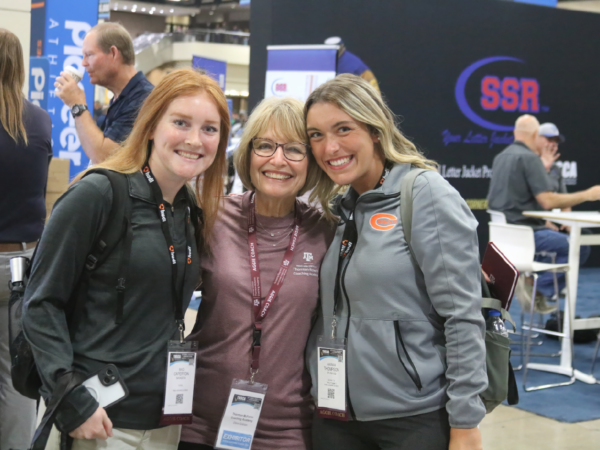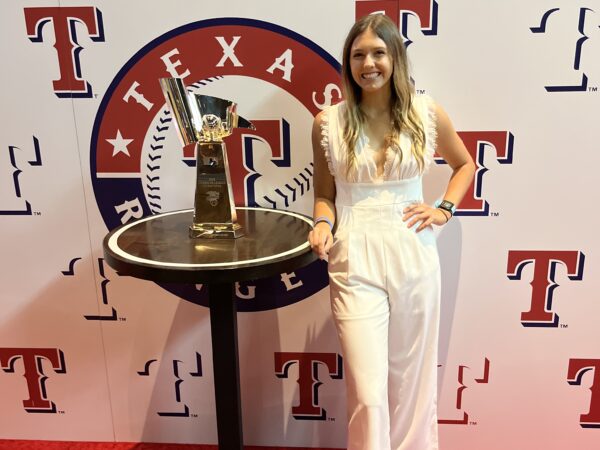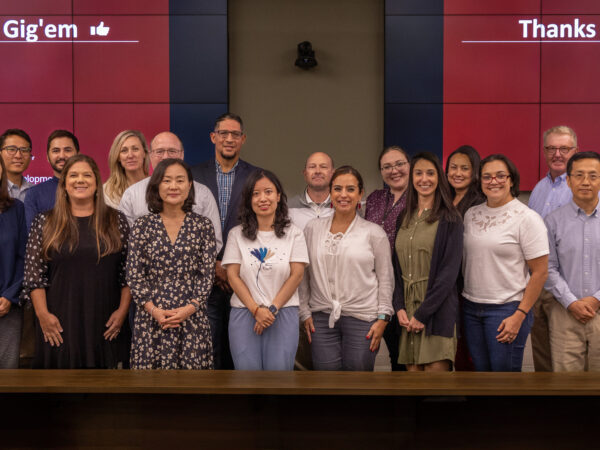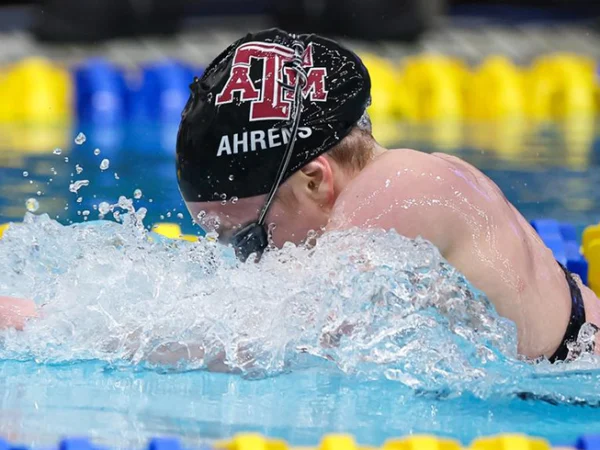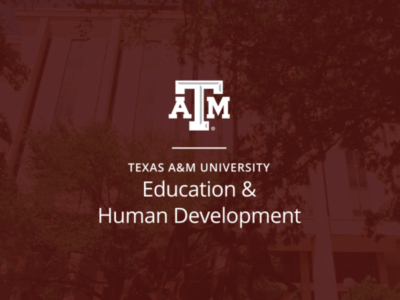
EPSY Professor Encourages Career Exploration Through YAP
It’s one of Dr. Robert Woodward’s greatest accomplishments – seeing students from the Youth Adventure Program (YAP) continuing their education on the Texas A&M campus.
Dr. Woodward, YAP director and clinical assistant professor of learning sciences, got involved in YAP when he was a graduate student at Texas A&M. He saw the potential for the program to open doors to what a potential career path could look like for the middle and high school participants.
The Youth Adventure Program encourages career exploration by allowing participants to choose a field of interest for a one week course. YAP offers courses in almost every college at Texas A&M from architecture to investigative forensics. This year’s camp featured two new subjects: nanotechnology and sports medicine. There are also plans to add two new subjects next summer: entrepreneurship and archaeology.
“You have to look at courses that would lend themselves to hands-on experiential learning. Yes, there will be lecture components because you have to set up the activities, but you have to have enough of those activities where the kids really get what we call an immersive, hands-on glimpse at the field,” explained Dr. Woodward. “We have information from kids that say this camp really focused them in on those aspects they were good at. They never saw themselves as being an engineer but they took that and realized their skills in math and their skills in design and art could actually transfer into a very successful design career.”
Camp participants are not the only ones that see a benefit. Dr. Woodward has seen his education majors who are on the fence about whether they can actually teach in middle or high school. “Before they go into their student teaching completely cold, they get that experience in working with these kids and the challenge of being able to relate and practice their classroom management skills.”
“The way this camp allows students to explore their individual interests in such an engaging way has shaped much of my teaching philosophy,” said Kaitlin Sessions, a YAP counselor. “Working with the campers at YAP has shown me how important it is to allow students the chance to grow their skills on their own terms and in the ways that work best with their varied learning styles.”
Many YAP counselors come from Dr. Woodward’s graduate and undergraduate courses EPSY 459 and EPSY 659. While only a two-week course, the students are on the clock 24 hours a day in order to get the three hour credit. At the end of those two weeks, counselors are required to complete a comprehensive survey including a new course and professor that would be a good fit for the program.
“We’re not talking about dumbing down the curriculum. We’re talking about being able to move fast-paced with kids who are inquisitive,” explained Dr. Woodward. “The professors have to realize they’re working with precocious and prodigious adolescents as young as 12 or 13 and as old as high school seniors. It’s very different from college students, so you have to find someone who not only has a good field but is also a good fit.”
The goal is to find courses that lend themselves to hands-on experiential learning and are focused on more than lecture components. Dr. Woodward wants to make sure each student that participates in YAP comes out with a better understanding of the field and whether it is best for their future.
“Definitely come to this camp. It opens your eyes to see what other subjects you can major in and lets you get an idea of what you want to do for the rest of your life and what your favorite interests are. You also have a lot of fun and get to meet new people with your same interests and really experience a lot of different activities,” explained Rachel Cervantes, a high school freshman from Fort Worth.
Dr. Woodward advertises YAP as an academic enrichment camp but a new study has shown other benefits, especially on a social scale. “The study has shown off the charts that this camp facilitates social bonding. We try to facilitate and create those social bonds that kind of makes it cool to be a kid and also makes it cool to be smart and rewards that.”
While the program is geared toward gifted and talented students, anyone can apply.
“Even though we’re catering and setting up our camp based on the principles of gifted and talented theories and developmental outcomes, I believe anyone can thrive in that environment. If you push people farther than they can go on their own you see them come to life at camp.”
Dr. Woodward and other researchers recently started collecting data on children who participated in the program. More than 75 percent of students go on to apply to Texas A&M and about 50 percent get accepted. “It’s certainly a tendency that if they attend this camp they fall in love with campus and they are more likely to apply and hopefully attend.”
Dr. Woodward considers the biggest barrier for attending the camp to be the cost. Students pay $1,000 for a week at camp which covers the operating budget. “My goal would be to get university funding to help open more doors and be able to have a more diverse student group. I want to grow the program but I also want to give equal access to the program.”
About the Writer
Ashley is the Media Relations Coordinator and responsible for news coverage in the Department of Teaching, Learning and Culture as well as the Department of Educational Psychology.
Articles by AshleyFor media inquiries, contact Ashley Green.




